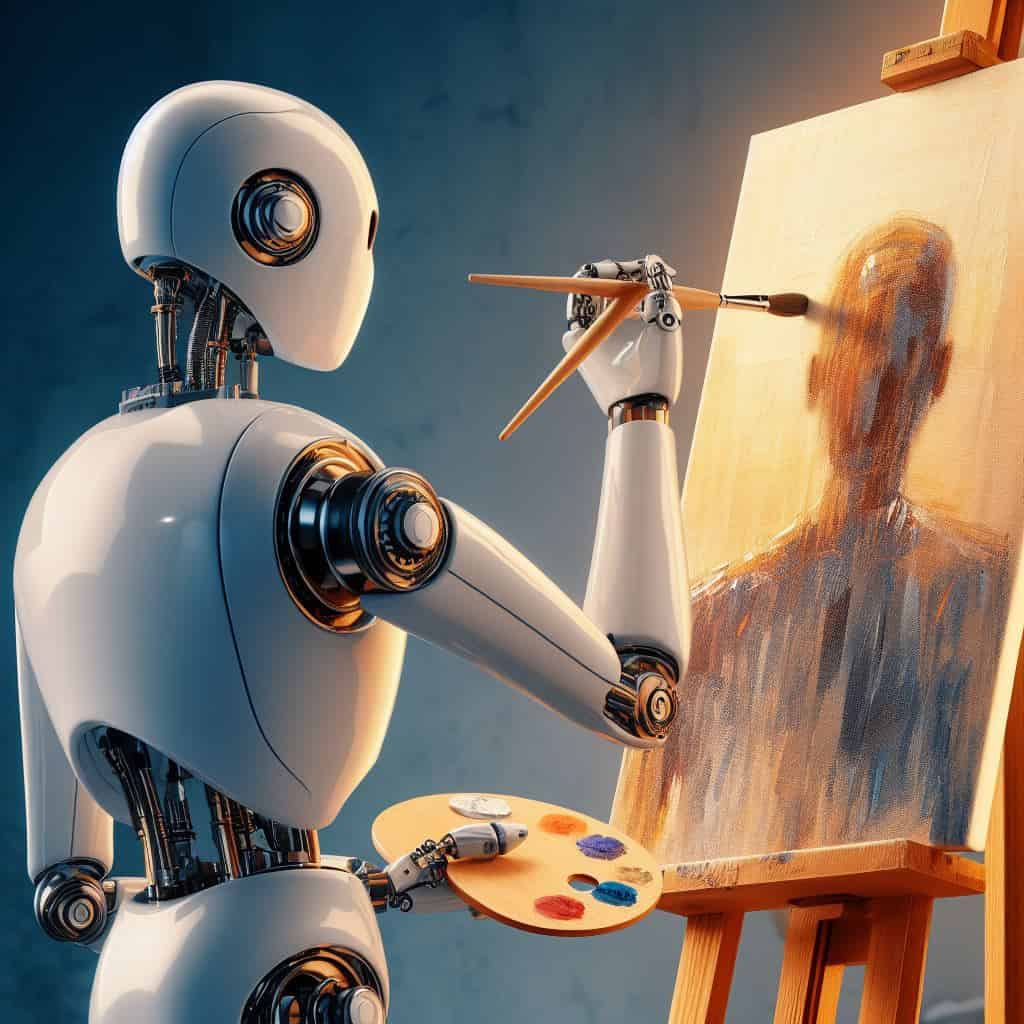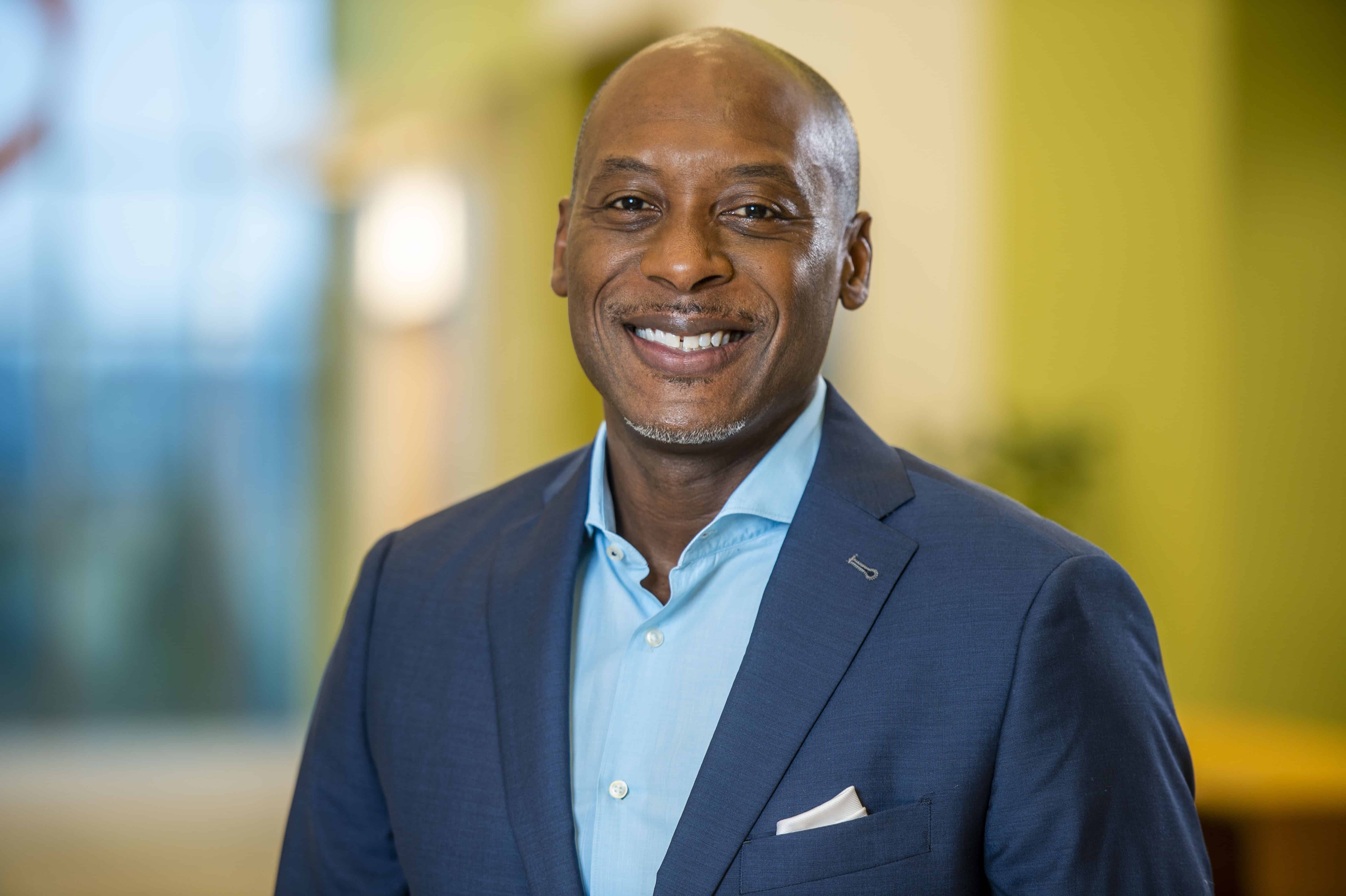
In a fascinating exploration of the intersection between music and technology, Björn Ulvaeus, renowned ABBA member, acknowledges the potential of AI in music creation. In an article in the Financial Times by his hand he also emphasizes the importance of respecting and safeguarding creators’ rights. He proposes a subscription model to ensure original artists are remunerated for their work used in AI training. Recent breakthroughs in AI have enabled the isolation of John Lennon’s vocals from a 1970s demo tape, leading to the release of a new Beatles track by Universal Music. However, this advancement has raised pressing questions about copyright infringement, authenticity and ownership.
- AI is revolutionizing music but raises copyright debates, especially in light of AI-generated music’s increasing prevalence.
- Björn Ulvaeus proposes a subscription model to compensate creators and balance technological innovation with copyright protection.
- The industry grapples with adapting copyright laws, and platforms like YouTube explore monetization opportunities for AI-generated music.
The AI Revolution in Music Creation
Artificial Intelligence is transforming the music industry, pushing the boundaries of what is possible. The recent release of a new Beatles track, “Now and Then”, is a testament to this revolution. Universal Music used AI to isolate John Lennon’s vocals from a 1978 demo tape. With advancements in machine learning, engineers were able to separate Lennon’s voice from the background noise and piano, enabling surviving members Paul McCartney and Ringo Starr to complete the song over the past year. This remarkable achievement has spotlighted the immense potential of AI in music creation.
Yet, with these advancements come significant debates about authenticity, copyright, and ownership. AI-generated music, while unlocking new realms of creativity, raises complex questions about the rights of original creators. This issue is not limited to the music industry. In the broader creative sector, AI tools that generate text, images, and music are stirring discussions about authorship and ownership.
Björn Ulvaeus’s Take on AI and Music Rights
Against this backdrop, Björn Ulvaeus, a member of the legendary band ABBA, has weighed in on the impact of AI on the music industry. In a recent article, Ulvaeus acknowledges the potential of AI tools for artistic expression, but stresses the need to preserve creators’ freedom. He argues that while AI could result in amazing new artistic expressions, creators should have the right to refuse the use of their works in AI training.
Ulvaeus also questions how original creators should be properly remunerated for the use of their works to train AI. He suggests a possible solution: a subscription model where a portion of the subscription fee goes back to the creative community through publishers and collecting societies. This model, he believes, could strike a balance between fostering technological innovation and respecting the rights of original creators.
Industry-wide Response and Legal Landscape
Ulvaeus’s concerns echo those of many other musicians and industry stakeholders. The use of AI in music creation has sparked an ongoing debate about how to adapt copyright laws to the era of AI-generated music. On one hand, there is an urgent need to protect artists’ rights in the face of technological advances. On the other hand, it is crucial to encourage innovation and experimentation with new tools and methods.

Meanwhile, platforms like YouTube are working with record labels to establish rules for AI-generated music. They are exploring monetisation opportunities for both companies and creators. Part of YouTube’s plan includes a partnership with Universal Music Group to create an AI music incubator, a group of musicians who will provide insights on generative AI experiments and research.
Concerns and Copyright Challenges Will Remain
The release of the AI-aided Beatles song ‘Now and Then’ has drawn both public and industry attention. However, even as AI breathes new life into music, it also stirs up the waters of copyright and authenticity. The Beatles, known for pushing the limits of technology in their time, now find their legacy entwined with the latest AI advancements.

As AI continues to reshape the music industry, Björn Ulvaeus’s proposed subscription model offers a thoughtful solution to the complex issue of remuneration for original creators in the era of AI-generated music. As AI technology continues to evolve, so will the debates around its usage and the laws that govern it. This is the beginning of a new verse in the song of music creation, and the industry is listening keenly to the tune.





